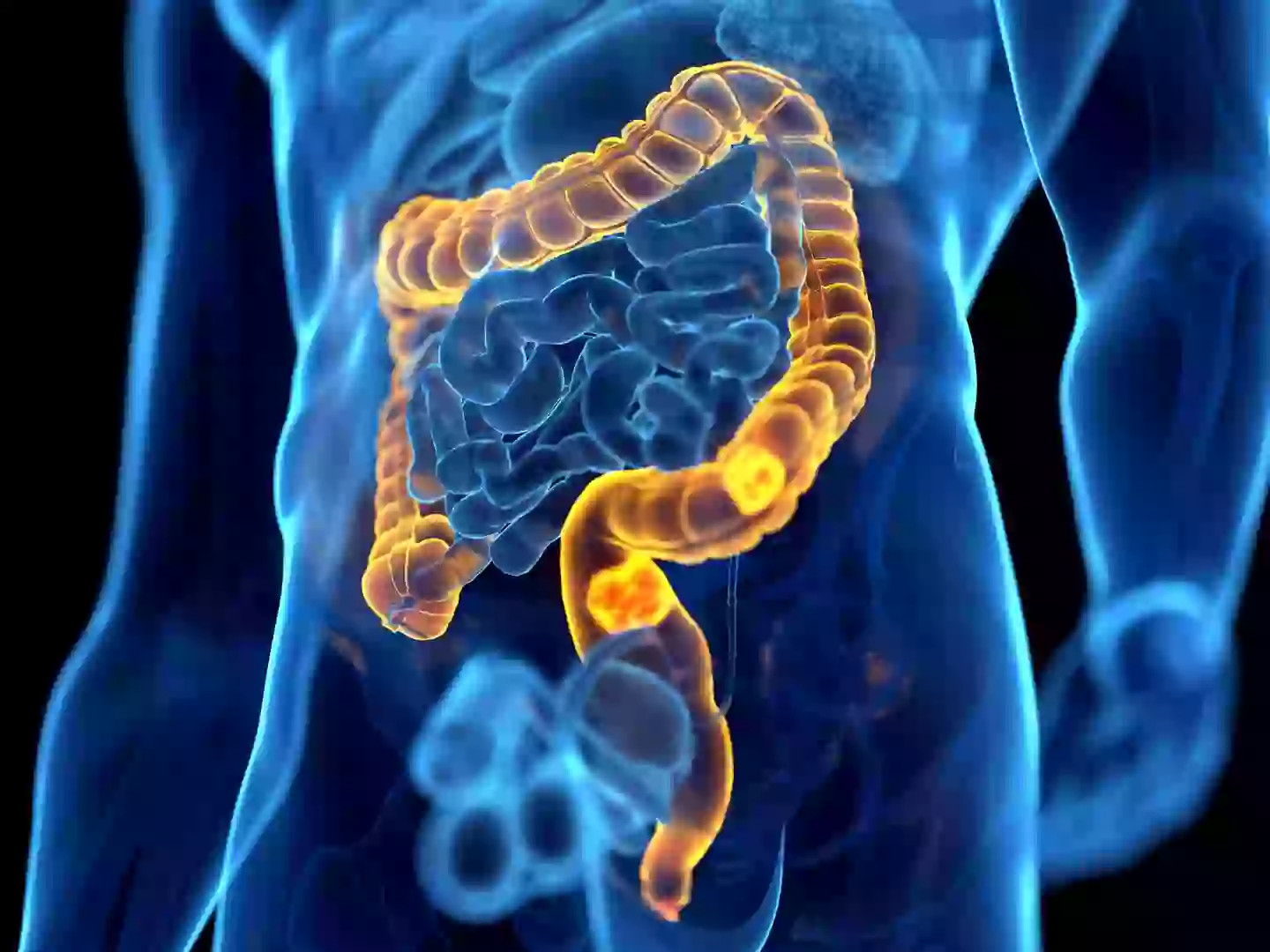Recent findings indicate that a widely available vitamin might play a role in lowering the risk of a certain type of cancer.
While maintaining a regular regimen of supplements is crucial for overall health, one particular vitamin stands out as essential for cancer prevention.
According to a study published in the journal Nutrients, vitamin D, commonly known as the sunshine vitamin, may be significantly important in both the prevention and treatment of colorectal cancer. This type of cancer, also referred to as bowel cancer, originates in the colon or rectum, which are components of the large intestine.
Colorectal cancers often start as polyps, which are growths in the lining of the intestine. While polyps are usually noncancerous, some can evolve into malignant tumors over time.
There has been a noticeable increase in colorectal cancer cases among younger individuals over the past ten years, though the reasons for this trend remain unclear.

Research conducted in Hungary has put forward the idea that vitamin D might be effective in reducing the risk of this cancer. The study involved an examination of how vitamin D affects cancer risk and inflammation levels.
Study author János Tamás Varga explained to Fox News Digital, “The most important finding is that vitamin D plays a critical role in the prevention and treatment of colorectal cancer.”
“Our research clearly supports the strong correlation between 25-hydroxyvitamin D (the primary form of vitamin D) levels and cancer outcomes,” he added.
The research suggests that insufficient levels of vitamin D are associated with a higher risk of developing colorectal cancer. Moreover, patients with this cancer who had lower vitamin D levels faced worse outcomes.
Supplementing vitamin D in patients was shown to improve survival rates according to the study.
“Vitamin D deficiency is strongly linked to an increased risk of CRC, with multiple epidemiological studies emphasizing it as a significant risk factor,” the study explains.

The study also points out that a significant portion of the population is vulnerable to vitamin D deficiency, particularly in Europe.
“Certain populations are particularly vulnerable to vitamin D deficiency. Urban populations, where air pollution and dense infrastructure limit sunlight exposure, are at greater risk,” the study highlights.
“In Europe, vitamin D deficiency remains a significant concern. Data suggest that 18% of the population has serum vitamin D levels below 30 nmol/L, while 53% have levels below 50 nmol/L… Approximately 40% of Europeans are considered vitamin D deficient, with 13% classified as severely deficient.”

Vitamin D is known for its role in enhancing bone and muscle health, supporting the immune system, and contributing to the nervous system’s function.
But what is the recommended dosage?
Before making any changes, it is important to consult a healthcare professional who can provide advice tailored to individual needs. However, lead author Dr. Monika Fekete told Fox News, “Based on our research, we recommend that individuals at high risk of colorectal cancer monitor their vitamin D levels and, if necessary, take a daily vitamin D supplement of 1000–4000 IU, especially for those with low vitamin D levels.
“The optimal dosage should be tailored to the individual’s health condition and current vitamin D levels.”
The study concludes by noting, “Overall, vitamin D plays a fundamental role in the function of numerous systems and physiological processes. The broad range of effects highlights the importance of vitamin D in maintaining health and underscores its protective role in preventing chronic diseases, including cancer.”

